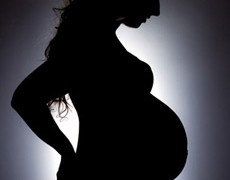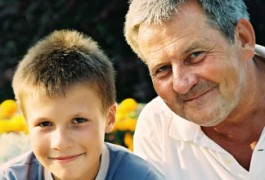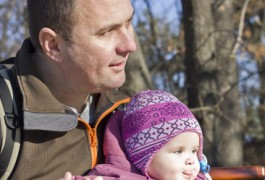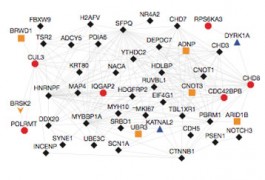Multinational resource compiles autism risk factors
A new database pools health registry data from seven countries, dramatically boosting sample sizes for epidemiological studies of autism.

A new database pools health registry data from seven countries, dramatically boosting sample sizes for epidemiological studies of autism.

Two large Scandinavian studies published in March, which together include more than 10,000 children with autism, add to a growing body of research suggesting that older parents are at an increased risk of having children with autism.

People with autism have fewer children than average, and so do their brothers, according to a study of Swedes born between 1950 and 1970.
Solving the riddle of autism genetics will require looking beyond the growing list of candidate genes to epigenetics and personalized medicine.

The sperm of old mice has an unusual epigenome, the profile of chemical modifications to the underlying DNA code, according to a poster presented Saturday at the 2012 Society for Neuroscience annual meeting in New Orleans. The findings suggest an explanation for the so-called paternal age effect in autism.

With every passing year, men are increasingly likely to transmit new mutations to their children, according to the largest study yet of the so-called paternal age effect, published yesterday in Nature. The findings could help explain why older men are more likely to have a child with autism or schizophrenia than are younger men, the researchers say.

Genes and the environment each influence the role of the other in determining the risk of developing autism. Genetics can determine how susceptible one is to the environment, and environmental factors can influence gene expression and introduce mutations, says immunologist Janine LaSalle.

Children with autism carry twice as many new and damaging genetic mutations as typically developing children, according to a new study published in Neuron. The researchers also identified intriguing genetic links between autism and fragile X syndrome.

The largest set of exome sequencing studies of children with autism and their families to date has identified a handful of genes that may increase risk of the disorder, according to research published in Nature.

Dysregulation of the intracellular signaling pathway RAS, a risk factor for idiopathic autism, may provide a unifying theory of the disorder. Although this is not an altogether new hypothesis, several new findings have strengthened the evidence for it considerably.